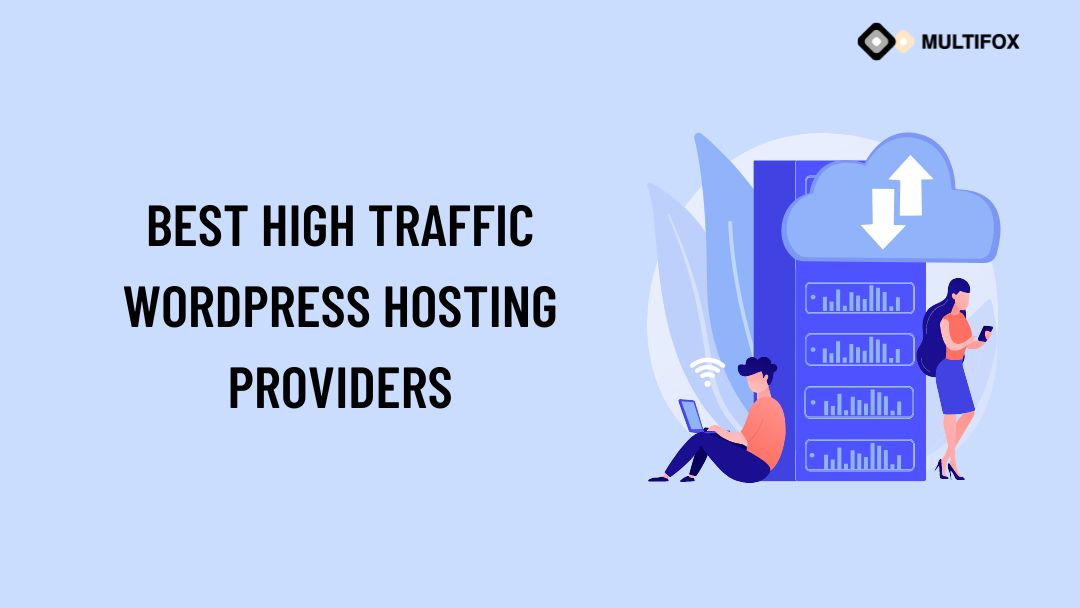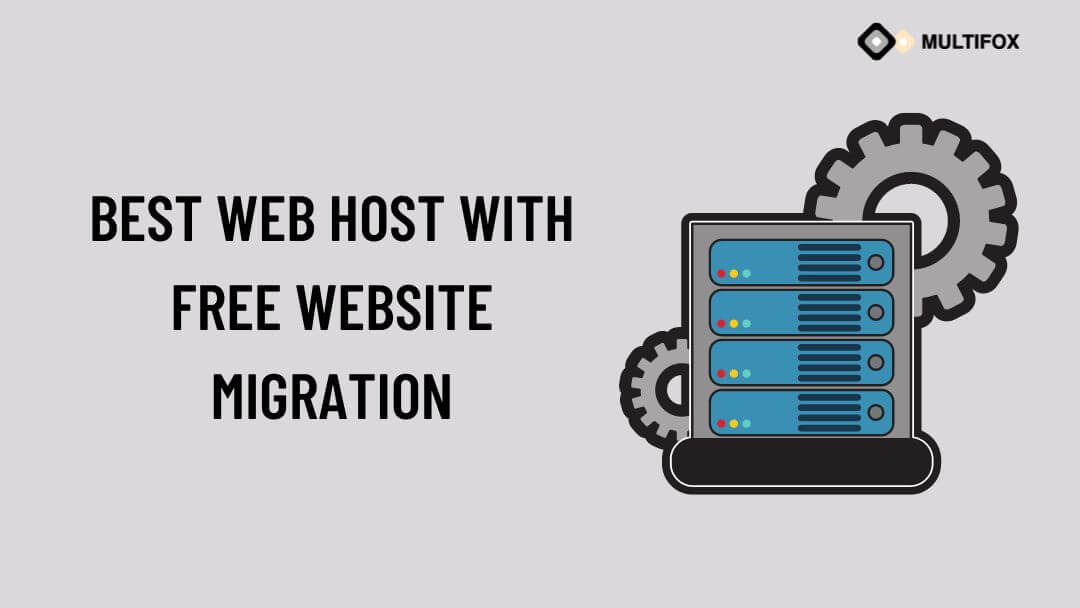Looking to scale your website with high traffic WordPress hosting provider? Once your business website starts to grow, then it’s highly recommended to have...
Ever thought about how website hosting affects your website’s speed? It’s an important consideration and one that most business owners and website owners don’t think of. In truth, there are many factors that play a role in your site’s speed, but your hosting is often one of the last things anyone thinks about.
Here are the elements of web hosting that make a difference to your website’s page loading speed. This should indicate how important the right web host is and encourage you to do an audit of your own and see if you should find a new one that supports your page speed goals for your site.
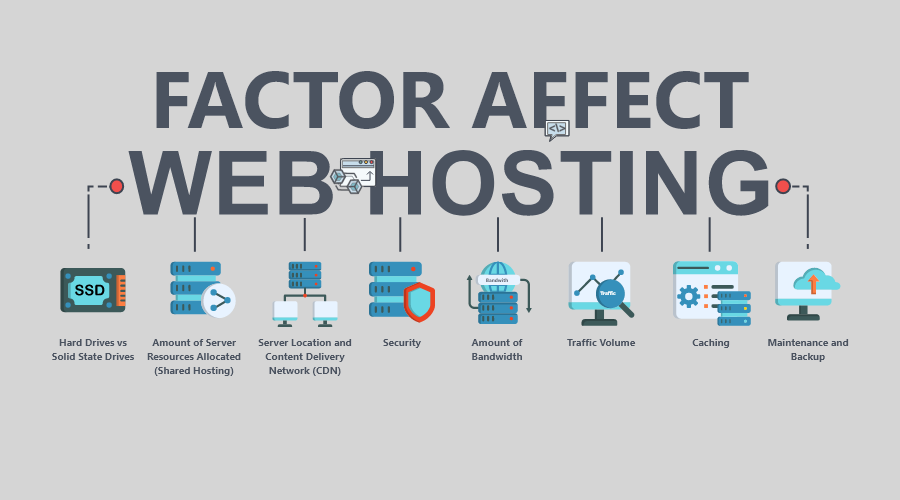
Table of Contents
Types of Website Hosting
Gone are the days of a simple choice between shared or dedicated hosting. The latest type of web hosting, cloud hosting, forgoes a single server and stores your website data on multiple servers across different locations.
Then, there’s managed vs. unmanaged hosting. Tech-savvy website owners can manage the ins and outs of their websites by themselves. However, those who aren’t familiar with the backend processes of their website can opt for managed hosting, which is more common and takes care of all the processes for you.
Yet still, within the different types of website hosting, you need to consider the factors that follow in this list if you want to make the best choice for your website’s speed.
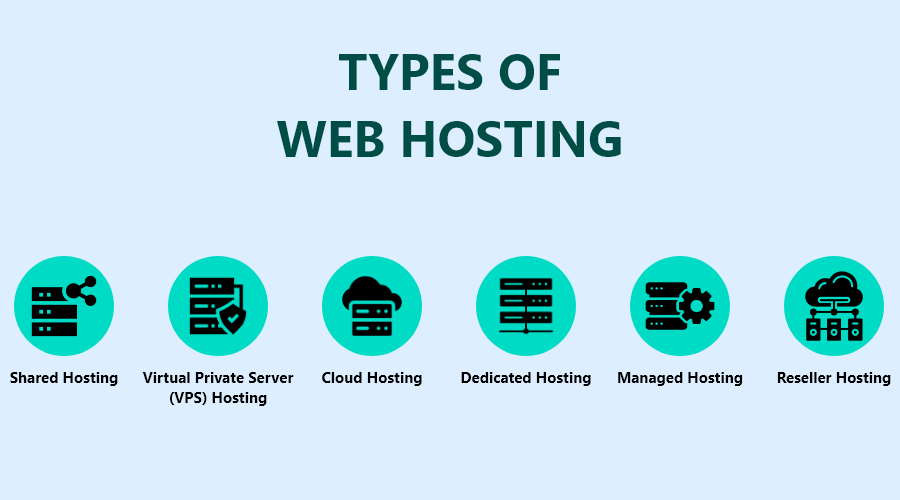
Hard Drives vs. Solid State Drives
I highly advise querying what kind of drives your chosen provider is using. Hard disk drives are older technology, and while they still work extremely well and are affordable, solid-state drives (SSDs) are the better choice for many website owners.
SSDs are faster, more stable, more reliable, and more energy-efficient than HDDs. Naturally, this bodes well for the speed at which your website pages will load. While SSDs are currently more expensive, they can be more cost-effective over time due to their improved performance and general lack of problems.
Amount of Server Resources Allocated
Shared hosting requires the resources on the server to be split between multiple websites. If one site on the server is getting a great spike of traffic, it will monopolize much of the server’s resources, making your own site slow down considerably.
Choosing dedicated hosting means your site doesn’t share resources. However, it was expensive. Most people will opt for VPS hosting—a virtual private server—which hosts multiple websites but dedicates resources to each one specifically.
Consider how much RAM, storage, and other resources are allocated to your website specifically when choosing a provider. If you host on a server with limited or shared resources, your site is likely to experience slow loading times.
Server Location and Content Delivery Network (CDN)
Your server’s location can have a large impact on the speed of your site. The closer your visitor is to the server, the faster your site will load. On the other hand, the further away they are, the slower it will be.
You can eliminate this problem by hosting your website’s static data on a CDN—content delivery network—which means it’s held on multiple servers around the world for speedier access. Check if the hosting provider you’re with provides this service.
Security

I can’t understate the importance of security. Find out what security measures your current host provides and compare them to others to ensure that you’re really getting the protection your website needs.
However, some hosts have security measures in place that are unnecessary and slow your website down. Unoptimized plugins and firewalls can drag your load time down and don’t contribute enough to secure it to be justified.
Amount of Bandwidth
Your website host’s bandwidth is the amount of data they can transfer at a single time. Plenty of data can be moved at once if their bandwidth is high, meaning a faster loading time. If it’s low, the data will come in dribs and drabs, slowing down your load speed.
Check your host’s bandwidth capabilities and ensure that they can handle the amount of data your website is likely to need transferring at any given time.
Traffic Volume
Sites with minimal traffic are unlikely to have page speed-loading problems. However, those with a high volume of traffic may experience more issues. The more traffic lands on your site, the harder your host has to work to deliver your website data to every user across the world. This can slow your site down unless your host is equipped to handle it.
High-traffic websites should opt for dedicated hosting (if they’re on a budget) or, if possible, cloud hosting. Aside from being the fastest and most reliable type of hosting, cloud hosting is scalable and can grow with your business, continuing to meet its needs even as it grows and gains more traffic.
Caching
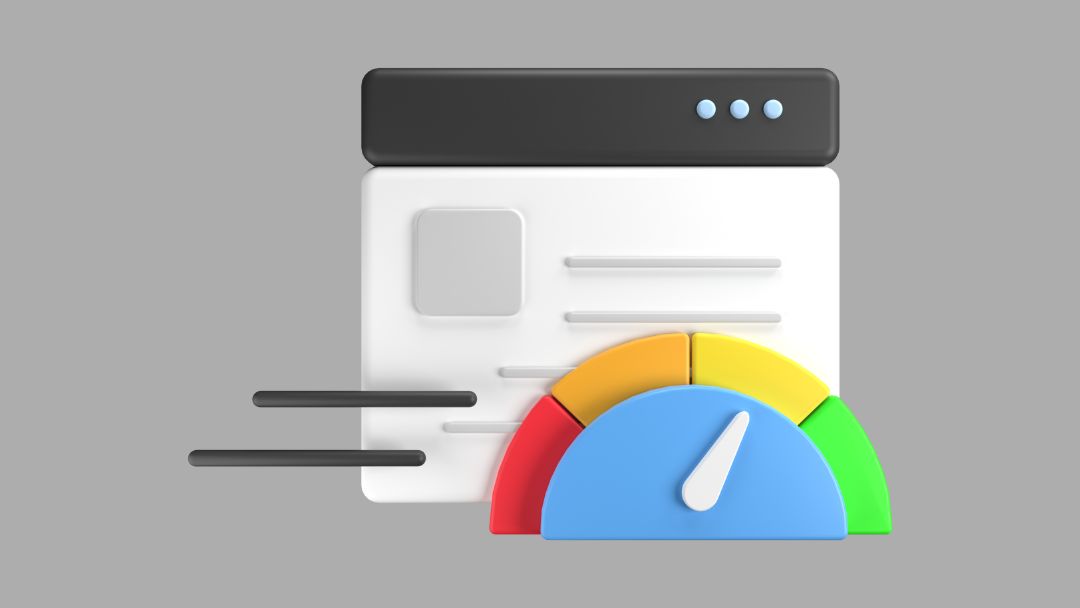
If your website host offers browser caching, take advantage of it! This Is the process of storing a copy of your website’s data in a temporary location on a browser so that it doesn’t need to be retrieved again the next time a visitor asks for it. Instead of reaching out to the server, it simply pulls the information from the browser, making it much quicker.
Not all hosts have this enabled, so double-check with yours if this is something you could have enabled on your own website to improve its speed.
Maintenance and Backup
I advise never going with a host that doesn’t regularly back up and maintains its own servers. Regular maintenance and backing up of data help the server to run more smoothly, which can increase the speed of your site.
It also ensures that a recent backup of your site content can be restored if something goes wrong.
Conclusion
If you’ve never thought about how website hosting affects your website’s speed, you now know the impact it can have. You can implement multiple other measures to get your page loading speed up, but the fact is, if your website host is working against you, your site will stay slow.
Consider the above-mentioned factors and decide whether or not changing your web host could make the biggest difference to your site’s loading speed.
About the Author: Paul Wheeler runs a web design agency that helps small businesses optimize their websites for business success. He aims to educate business owners on all things website-related on his own website.
Also, Read Our Related Articles:

